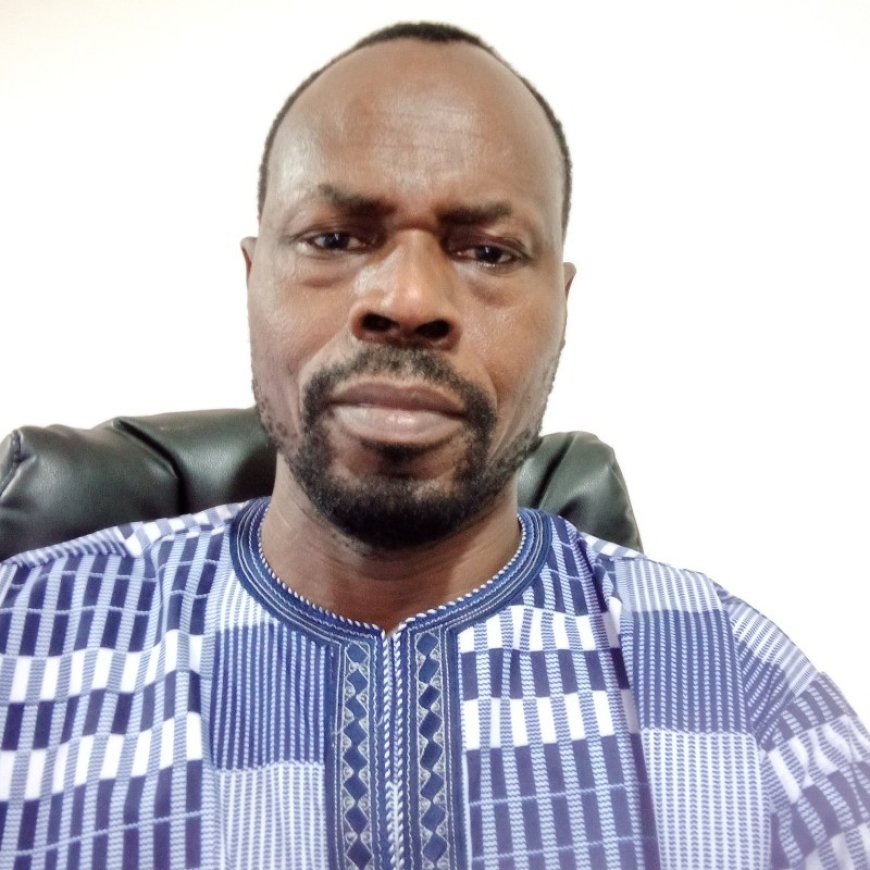Lang Fafa Dampha promotes Kiswahili
Uganda's First Deputy Prime Minister and Minister for East African Community Affairs, Rt. Hon Rebecca Kadaga, emphasized the significance of this year's theme during her presentation to Parliament.

KAMPALA - Dr. Lang Fafa Dampha Executive Secretary African Academy Languages (ACALAN) says as Kiswahili continues to grow and spread across the world, it will encounter other languages, and together, they can achieve more than they could individually. This highlights the collaborative potential of languages in fostering cooperation and understanding.
He made the remarks on the sidelines of the second East African Kiswahili Language Day that took place on July 6-7, 2023, in Kampala, Uganda. The event, organized by the East African Community (EAC) and the Government of Uganda, brought together policymakers, academics, and language experts from the region to discuss the role of Kiswahili in promoting regional integration and sustainable development. Under the theme "Kiswahili and Multilingualism: Achieving more together," the event aims to highlight the growing importance of Kiswahili as a regional and international language.
Uganda's First Deputy Prime Minister and Minister for East African Community Affairs, Rt. Hon Rebecca Kadaga, emphasized the significance of this year's theme during her presentation to Parliament. She noted that as Kiswahili continues to grow and spread across the world, it will encounter other languages, and together, they can achieve more than they could individually. This highlights the collaborative potential of languages in fostering cooperation and understanding.
Kiswahili holds the status of the second official language in Uganda and is widely spoken within the East African Community. With over 100 million speakers, Kiswahili is one of the most widely spoken languages in Africa. Its increasing prominence is evident in various sectors such as business, education, and culture. Recognizing the value of Kiswahili as a lingua franca, more people worldwide are embracing it as a language of choice for learning and communication.
The event aims to showcase the importance of Kiswahili within Uganda and the East African Community. It provides an excellent platform to discuss how Kiswahili can facilitate trade and regional integration. The activities planned for the event include panel discussions, workshops, cultural performances, and a Kiswahili language competition for students. These activities will encourage engagement and participation while celebrating the linguistic and cultural diversity of the East African region.
By promoting the use of Kiswahili, the second East African Kiswahili Language Day contributes to the goal of unity and cooperation within the region. Kiswahili serves as a language that bridges barriers and fosters understanding among different communities. It enables effective communication, facilitates trade, and enhances regional integration efforts.
The event acknowledges the growing influence of Kiswahili and recognizes its potential as a tool for promoting sustainable development and cultural exchange. It is an opportunity to appreciate and celebrate the richness of Kiswahili language and culture, while also exploring ways to further its use and impact.
In conclusion, the second East African Kiswahili Language Day in Uganda provides a significant platform to discuss the role of Kiswahili in regional integration and sustainable development. The event highlights the collaborative potential of languages and emphasizes the importance of Kiswahili as a language of unity and cooperation. By celebrating the diversity of the East African region and promoting the use of Kiswahili, the event aims to strengthen communication, facilitate trade, and foster regional integration.
































































































